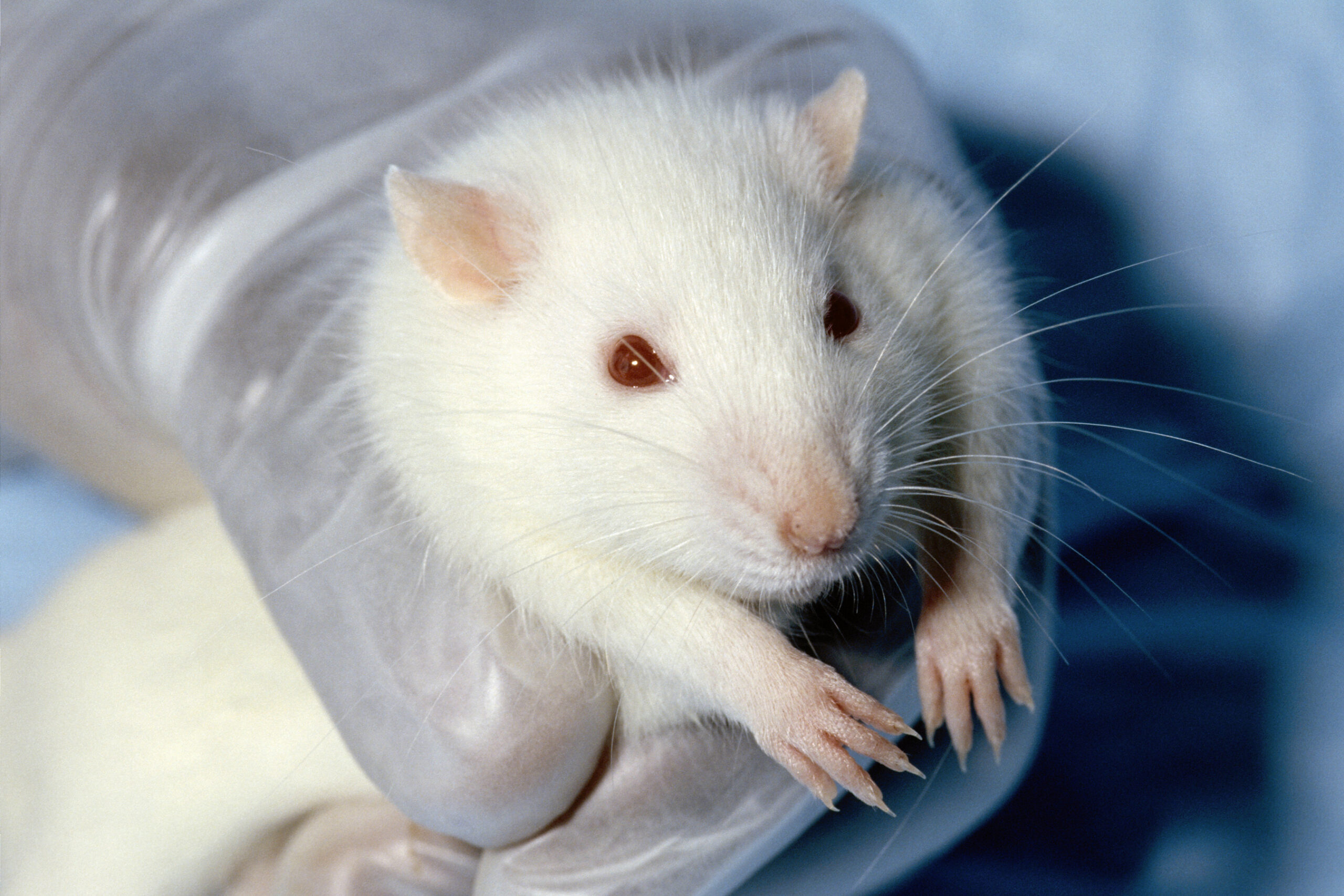 MIT Researchers have discovered that happy memories can be re-activated in the brain. A research team led by Steve Ramirez, MIT graduate student and lead author, studied mice who were exposed to chronic stress resulting in depression symptoms similar to what we as humans experience.
MIT Researchers have discovered that happy memories can be re-activated in the brain. A research team led by Steve Ramirez, MIT graduate student and lead author, studied mice who were exposed to chronic stress resulting in depression symptoms similar to what we as humans experience.
Steve Ramirez stated, “We’re harnessing the brain’s power from within itself and forcing the activation of that positive memory,”…“People who suffer from depression have those positive experiences in the brain, but the brain pieces necessary to recall them are broken. What we’re doing in mice is bypassing that circuitry and forcing it to be jump-started,” said Ramirez. (1)
In addition, researchers learned that older, happy memories worked even better at overcoming depression versus newer, happy memories.
What the research team did was start by first exposing the mice to an enjoyable, happy experience. Amusingly, since all the mice were male, this experience was created by spending time with female mice. The scientists then labeled each mouse’s brain with light-sensitive protein which would light up when activated. Next, the mice were exposed to chronic stress. Remarkably, mice exhibit some of the same depression symptoms that result from chronic stress just like humans do; lack of enjoyment in otherwise enjoyable activities, giving up easier than normal in the face of difficulties, etc.
Once the mice were exposed to the ongoing chronic stress portion of the study, the researchers stimulated the neurons that had been labeled earlier thus reactivating “better times” or good, happy memories. The result? The mice began to act as it they had never been depressed but it only lasted as long as the happy memories were being stimulated in their brain. Once this stopped, the depression returned. This was not unexpected by the researchers due to a study they performed in 2012 called Engrams. The Engrams study demonstrated scientists ability to label and reactive brain cells to trigger specific memories but these memories, just as with the latest study, were also only present as long as the brain remained under stimuli.
So what does this mean? The results provide further scientific foundations for scientist to move forward with in their goal of finding more effective antidepressant therapies for those suffering. Instead of the “medicate first” approach, this research may present a better, less drug-induced alternatives.
Read the full study published in Nature.
—————————————————————————–
(1) Augenstein, S. (2015, June 17). MIT Scientists Make Mice Total Recall Happy Memories to Beat Depression. Retrieved July 3, 2015, from http://www.laboratoryequipment.com/news/2015/06/mit-scientists-make-mice-total-recall-happy-memories-beat-depression
Image: By Janet Stephens (photographer) [Public domain], via Wikimedia Commons


Leave a Reply